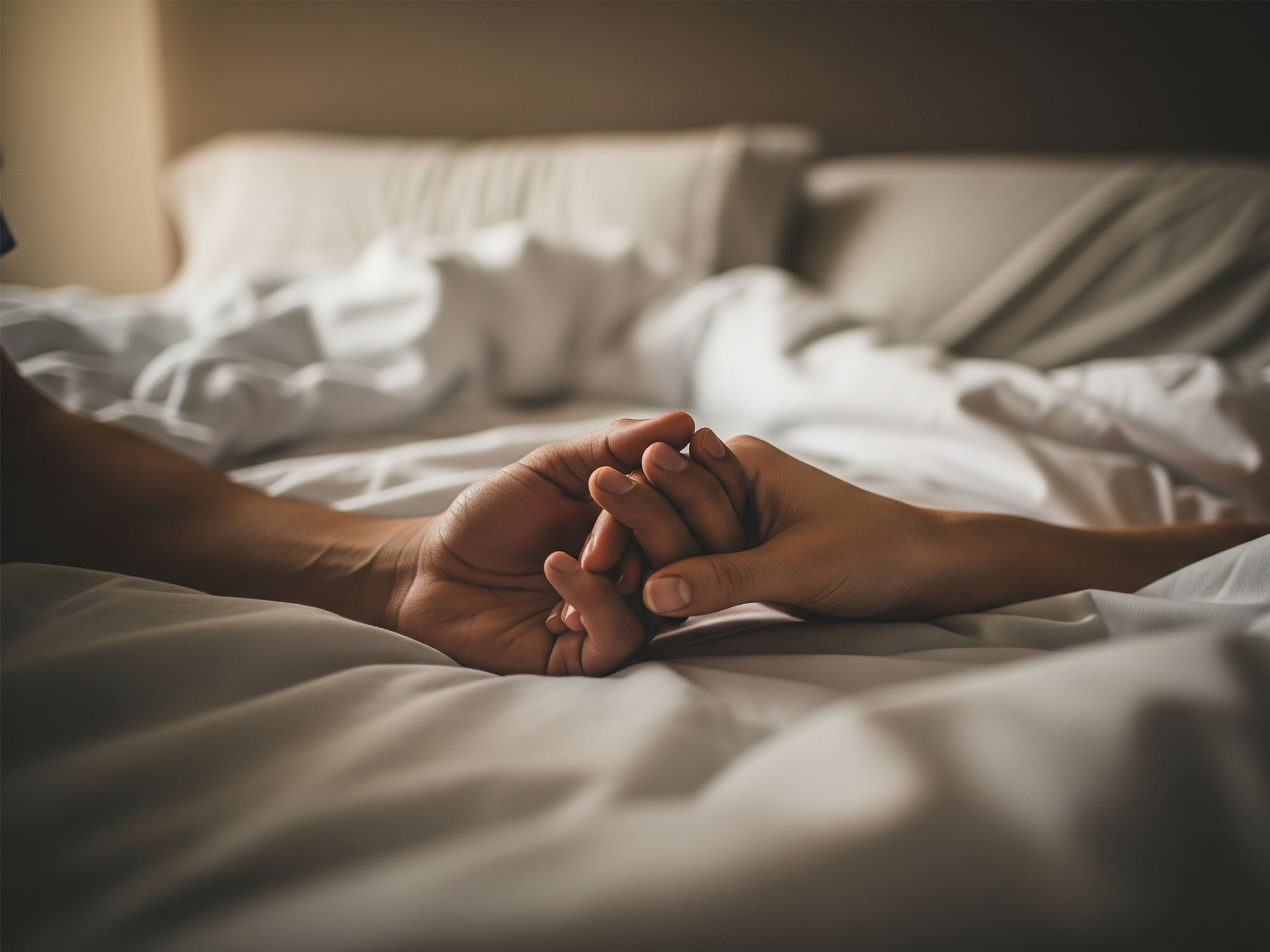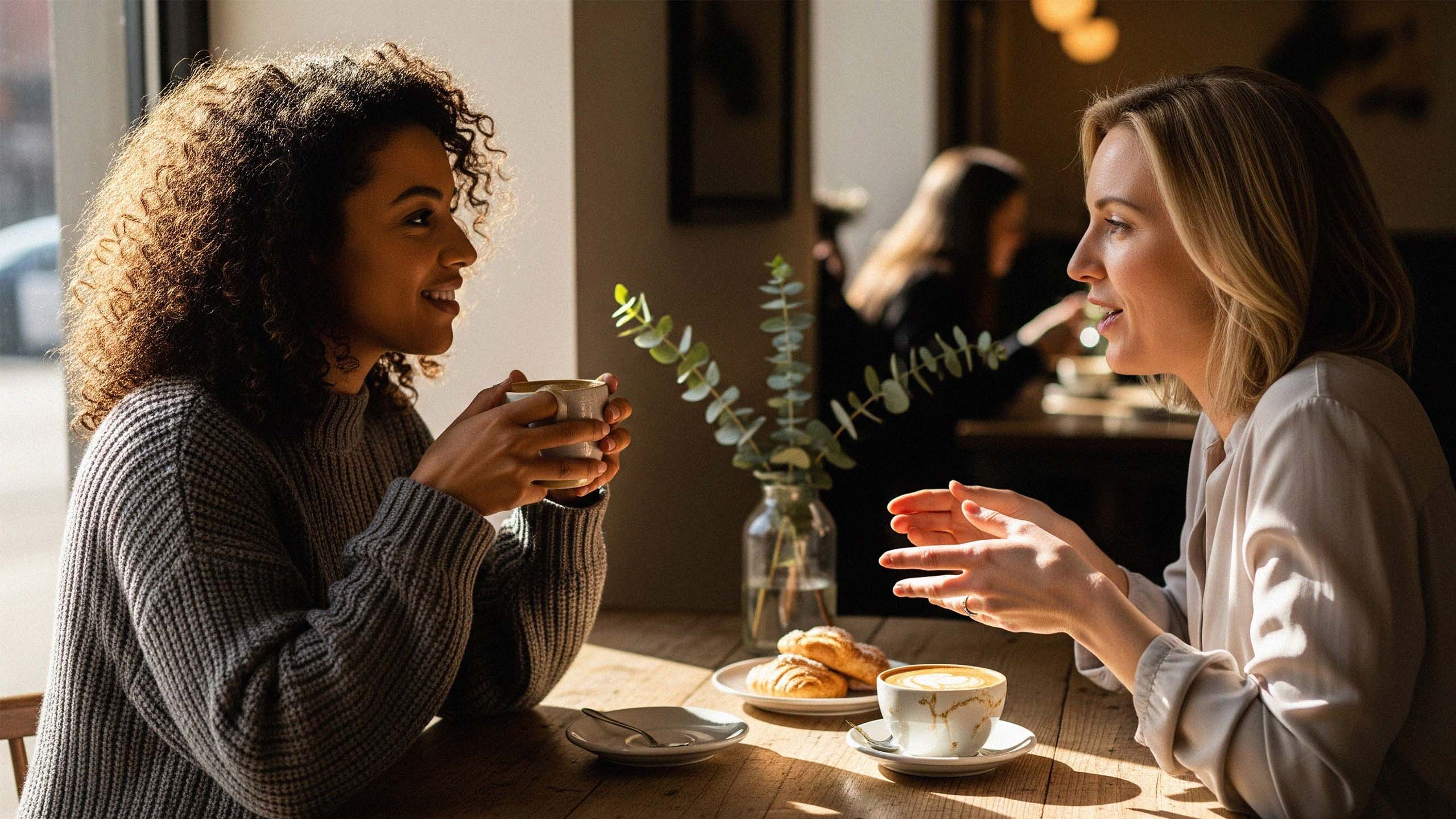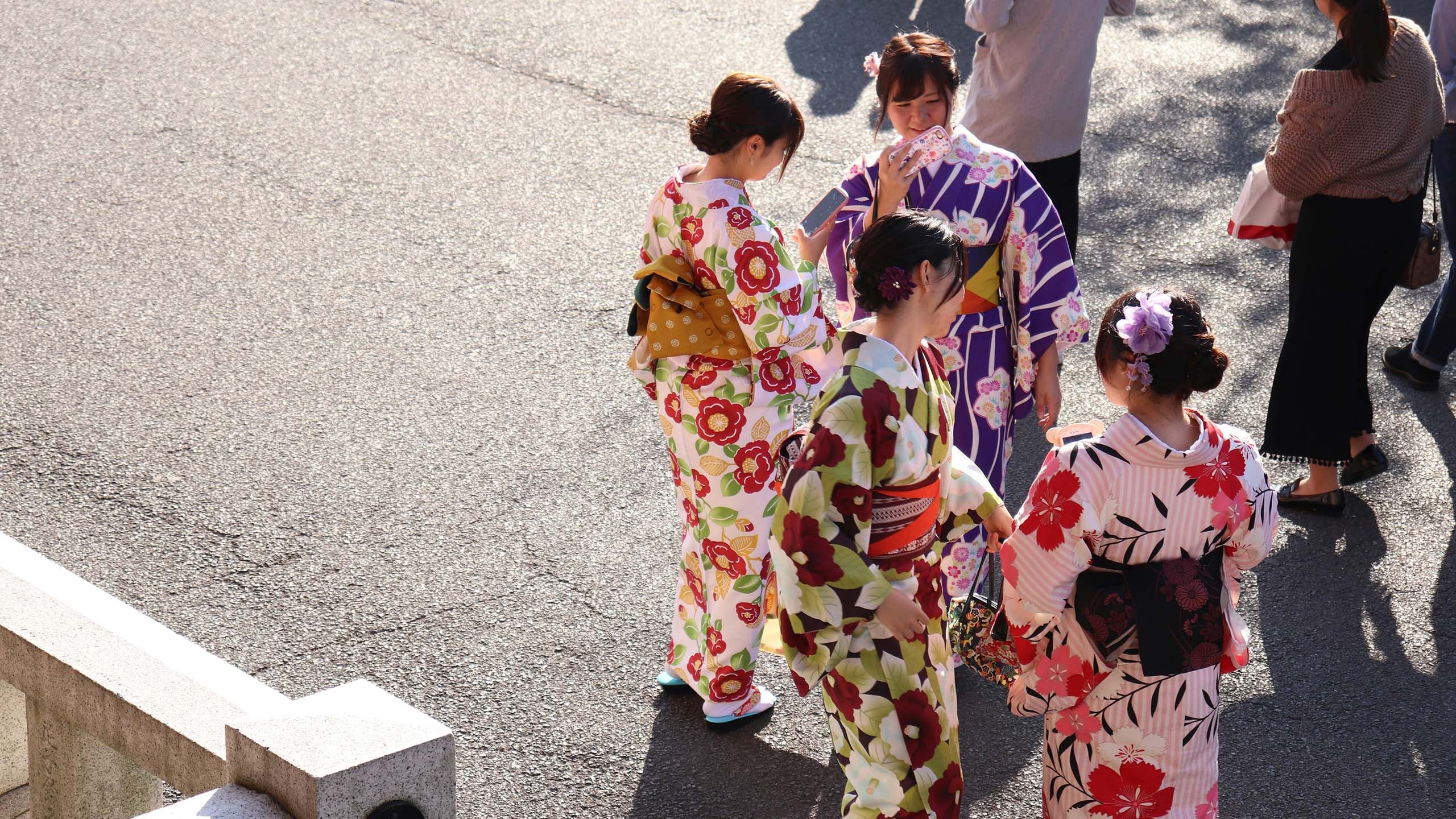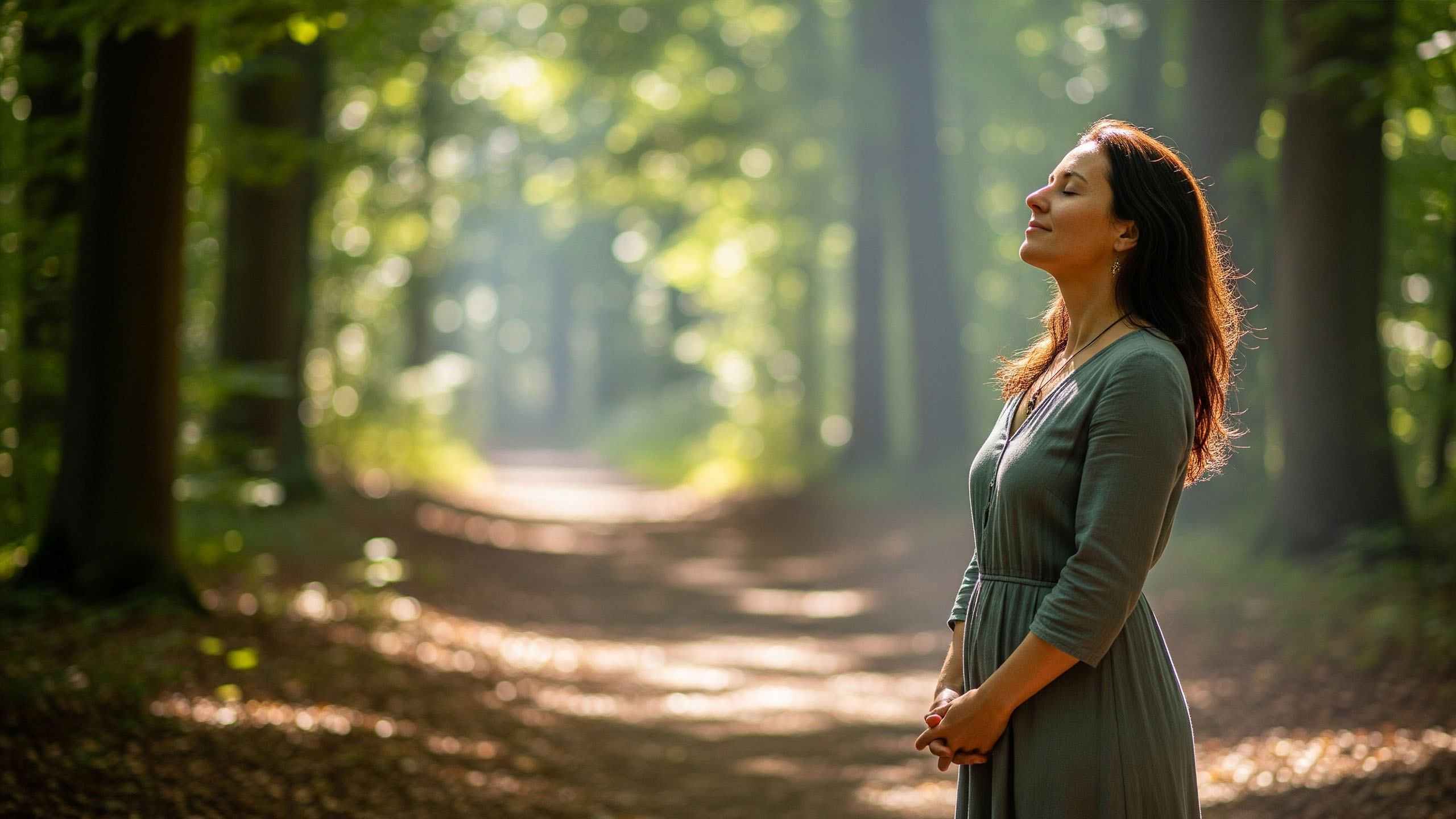One Year of Intentional Living: Honest Lessons on Pleasure, Accountability, and Mindful Choices

When I decided to live more intentionally for a year, I didn’t imagine how deeply it would affect every corner of my life—including areas I rarely spoke about openly: sex, self-pleasure, responsibility, and the way I approached each moment.
Intentional living sounded simple enough—be present, make choices consciously, stop living on autopilot. But in practice, it was a year filled with challenges, breakthroughs, and uncomfortable truths.
Why I Chose Intentional Living
It started with a feeling of exhaustion—not physical, but mental. I was scrolling endlessly, reacting instead of responding, moving from one distraction to the next without thinking. I wanted clarity. Not the kind you find in motivational books or through a quick digital detox, but real clarity about how I was living and why.
So I gave myself a year: twelve months to slow down, make deliberate decisions, and pay attention to how my habits shaped my life. What surprised me most was how this journey touched three areas I hadn’t planned to confront: sexuality, responsibility, and mindfulness.

Lesson 1: Redefining Pleasure Without Guilt
Sex is rarely discussed without a layer of performance or expectation. Before this experiment, I realized much of my approach to intimacy—whether with a partner or myself—was driven by impulse or routine rather than conscious choice. I didn’t ask, Why am I doing this? I just did it because it felt good or because it was expected.
Living intentionally forced me to pause. When I masturbated, I asked myself if it was out of boredom or genuine desire. When I had sex, I paid attention to the moments leading up to it—my emotions, my intentions, and whether I felt connected or just wanted to escape stress.
What I learned: pleasure is better when it’s honest. Saying no to an encounter that didn’t feel right, even if it meant disappointing someone, felt better than saying yes for convenience. And when I said yes with full intention, the experience was more satisfying.

Lesson 2: Responsibility Isn’t About Control
One of the hardest parts of intentional living was taking ownership without becoming rigid. I used to think responsibility meant control—having a plan, sticking to it, and avoiding mistakes. But the truth is, life doesn’t bend to your plans.
I learned to take responsibility for my actions without punishing myself when things didn’t go as expected. For example, when I decided to reduce casual hookups to focus on deeper connections, it wasn’t about strict rules. It was about honesty: Am I doing this because it aligns with what I truly want—or because I feel pressured by loneliness or validation?
The same applied to work, finances, and habits. Responsibility became less about saying I must and more about asking Does this choice match the life I’m trying to build?
Lesson 3: Mindfulness Is Harder Than It Sounds
Mindfulness is everywhere—on apps, in articles, in yoga classes—but practicing it daily is a different story. For me, mindfulness wasn’t about meditating for 30 minutes every morning; it was about paying attention in ordinary moments.
During sex, it meant noticing sensations without rushing to a goal. During masturbation, it meant being present rather than zoning out with explicit videos. In everyday life, it meant eating without scrolling, listening without planning my response, and walking without my mind jumping to the next task.
Some days I failed. I slipped back into habits, binged on screens, or checked out mentally. But even those failures taught me something: mindfulness isn’t perfection—it’s the act of coming back to awareness again and again.
Lesson 4: Honesty Feels Vulnerable But Freeing
One unexpected outcome of this year was how honest conversations changed my relationships. When I told a partner that I was exploring intentional living and wanted to slow down sexually, I expected judgment or distance. Instead, it opened space for a deeper connection built on respect.
The same happened with friends. Admitting I was rethinking how I approached dating, pleasure, and even how I managed stress felt risky—but it also brought relief. Pretending to have it all figured out was exhausting. Being real was lighter.
| Lesson | Core Insight |
|---|---|
| 1. Redefining Pleasure | Be honest about your reasons for intimacy or self-pleasure. |
| 2. Responsibility | It’s about alignment with values, not rigid control. |
| 3. Mindfulness | A practice of returning to awareness repeatedly. |
| 4. Honesty | Openness in relationships fosters trust and freedom. |
Final Thoughts: It’s a Practice, Not a Destination
If there’s one thing this year taught me, it’s that intentional living isn’t a box you check. It’s an ongoing practice. Some days I’m fully present; other days I slip into old habits. And that’s okay.
Sex, self-pleasure, responsibility, mindfulness—these aren’t separate compartments. They’re threads woven through daily life. Living intentionally doesn’t mean being perfect in all of them. It means being aware, making choices that feel true, and forgiving yourself when you stumble.
Would I recommend a year of intentional living? Yes—but only if you’re willing to face truths you’ve been avoiding, even the ones about how you experience pleasure and why. It’s uncomfortable at times, but the clarity is worth it.
Key Takeaways
-
Pleasure without guilt comes from honesty and presence.
-
Responsibility means alignment, not rigid control.
-
Mindfulness is a daily return, not a one-time achievement.
-
Honesty strengthens relationships, even when it feels uncomfortable.
Disclaimer: The articles and information provided by the Vagina Institute are for informational and educational purposes only. This content is not intended to be a substitute for professional medical advice, diagnosis, or treatment. Always seek the advice of your physician or another qualified health provider with any questions you may have regarding a medical condition.


 Deutsch
Deutsch  English
English  Español
Español  Français
Français 





